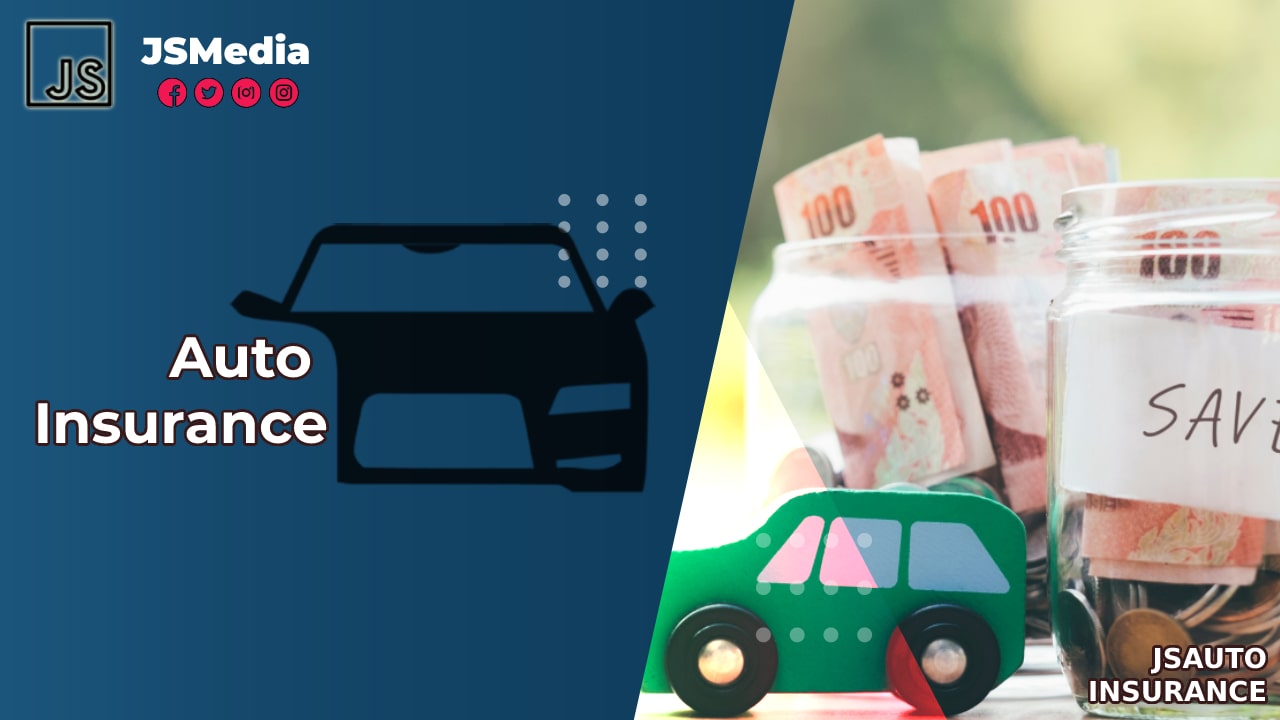JSMedia – What does “auto insurance meaning” really mean? You need to understand the terminology so that you can get the best coverage. An auto insurance policy protects you in case of accidents. If you have an accident, the insurance company will compensate you for the damages you cause to another person. In the case of theft, the car leasing company will pay the full amount for your replacement. However, you may need to pay some of your own money to replace your stolen vehicle.
Auto insurance coverage pays for damages to your own car, other people’s cars, and other objects in an accident. If you have comprehensive coverage, you can work directly with your own auto insurance carrier and collect the payment yourself. This method will allow you to handle the case faster and more fairly. It is best to contact your insurer if your car is damaged in an accident. The insurance company will reimburse you for your damages and pay you back for your own.
There are four basic parts of an auto insurance policy. Liability insurance covers the cost of injuries and property damage caused by an accident. This type of coverage covers medical expenses, lost wages, and pain and suffering. Liability coverage is mandatory in all 50 states, but this is usually not enough. If you cannot afford to pay for the insurance, you can pay for the plates and cancel your policy. The DMV will need to be notified of your cancellation so that you can reinstate your license and get a new registration.
What Does “Auto Insurance Meaning” Really Mean?
Your car’s insurance company will determine how much you pay based on the geographic area in which you live. The risk involved in such a situation is higher in hilly regions than in flat areas. A low loss ratio means that the company is fairly stable and unlikely to make large payouts. This is important for your financial safety. You should always get the best coverage you can afford. The best coverage for your car will cover all of the costs of repairs and replacements.
Auto insurance premiums are determined by many factors. Your car’s price, repair costs, and safety record are all factors in determining the premium for an auto insurance policy. Therefore, a high-end car can be expensive to insure. A cheap vehicle is worthless if it can’t be repaired. And if the accident causes more damage to other people, you should pay for it. Buying a new car will increase your premiums.
You should read the fine print when purchasing an auto insurance policy. You should make sure that the coverage is adequate for your needs. You can find out the amount of coverage for your car by contacting an agent and asking them questions. You can also compare different policies and choose the one that is right for you. It is best to compare multiple quotes before deciding on the best coverage for your needs. If you don’t know what it means, call your insurance company and ask them.
Motor insurance covers the cost of damages and losses that your vehicle may suffer. It protects you against these monetary damages in the event of an accident. Its premiums vary depending on the type of coverage and the circumstances of your car. If you are involved in an accident, it will be your responsibility to pay for the damages yourself. If the other driver doesn’t pay, you’ll be responsible for the repairs. But you don’t need to worry about paying more for your insurance if you don’t need it.
A car insurance policy protects your assets if you’re in an accident. It also covers medical expenses and other expenses incurred in an accident. It will not cover repairs to your car if you’re at fault in an accident. It can also protect your assets if you’re at fault. If you’re in an accident, the insurance company will pay for the costs. The cost of repairs depends on the amount of the vehicle and the damage.
In an accident, the person at fault will file a claim against the other party’s insurance company. If you’re at fault, the insurance company will pay for the damages. This coverage can cover bodily injuries, property damage, and other expenses. It will pay the other party’s deductible. If you were at fault, you should have collision coverage. This will cover your car’s damages. You can also have uninsured/underinsured driver insurance.

